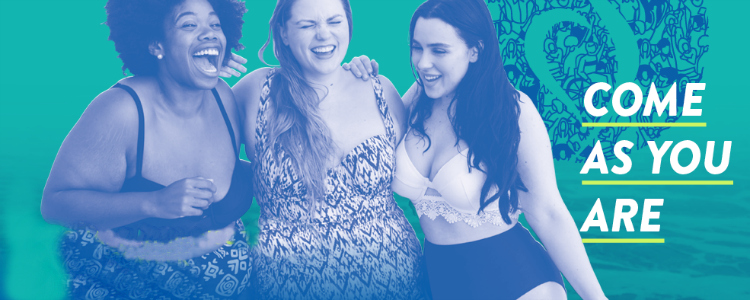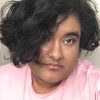Disability and Eating Disorders: This World is Ours Too
About four years ago, I came out of a doctor’s office with my first diagnosis: fibromyalgia. It was the first of a laundry list of conditions we discovered I had during the course of my eating disorder recovery. Some of my conditions were exacerbated by my eating disorder and some (such as my thyroid issues) were a direct result of it. Two years later, I found the autistic and broader disability community and began identifying as disabled.
Finding the word disability was a unique kind of freedom for me—it taught me that my body wasn’t wrong and that being in pain didn’t make me unworthy of being alive. I learned about people who fought for my right to bring my mobility aids into public spaces, and the fights that had to happen to let people like me out of institutions and into society.
Being disabled, including having an eating disorder, gave me an identity. It taught me self-advocacy and it gave me the strength to start standing up for myself. I’ve learned how to say “no” when I have too much on my plate, and I’ve learned to articulate when I am struggling with something and what would help with it. I know my needs, and I know how to handle them and how to get help when I need it. It’s skyrocketed my independence.
That said, I recognize that it can be hard to #ComeAsYouAre as a person with a disability in addition to an eating disorder. There is very little representation of us within the larger movement, and very few doctors are trained to understand our complex needs. There’s an ongoing advocacy battle to have us better represented both at the table where doctors are being trained and in programs for eating disorder professionals where we are minimally represented. Change is coming, but we don’t have to wait. We can keep speaking out about experiences and sharing with the recovery community and each other. This world is ours too.
Noor is a #MuslimAnd #ActuallyAutistic non-binary intersex person who works with Masjid Al Rabia, TSER, Advocates for Youth and a variety of disability organizations to advance inclusive liberation for all. He is a fan of poetry, dogs, Bhangara, and wheelchair dance. Noor hopes that by sharing his story, more people from multiply marginalized backgrounds can feel less alone.





